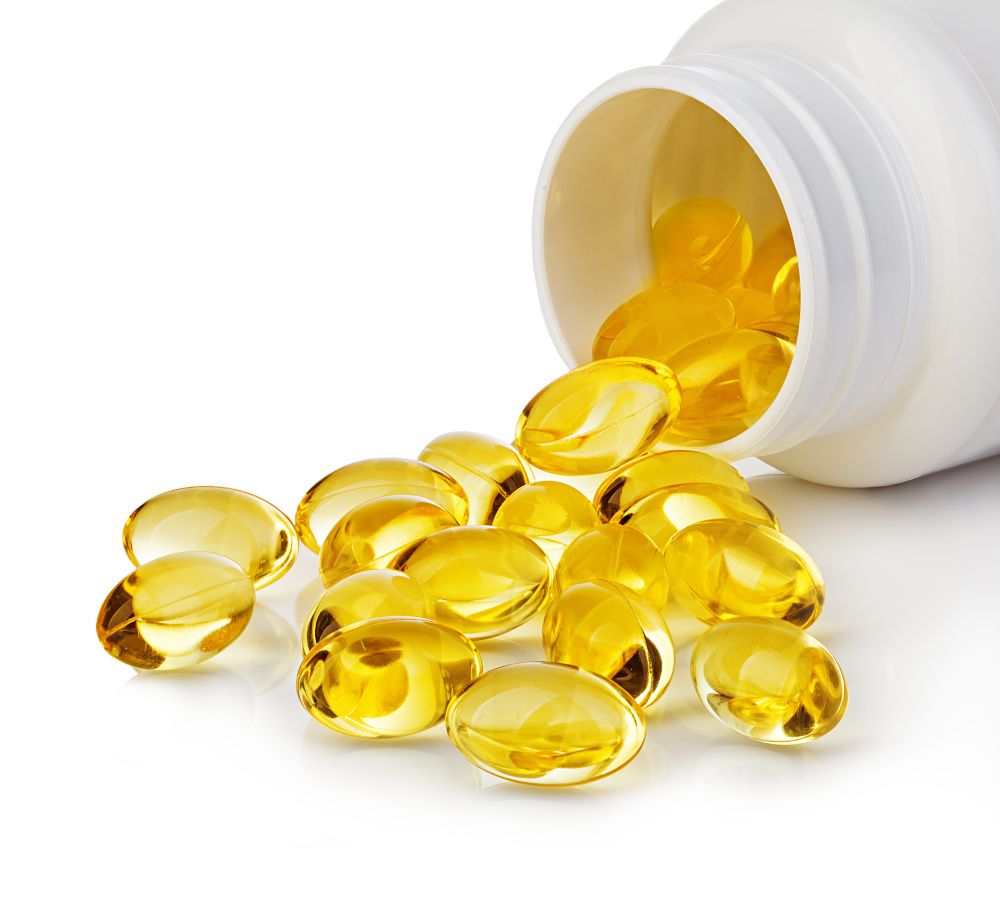New vegan omega-3 oil line launched by GC Rieber VivoMega: 2023 Natural Products Expo West Preview
The company’s new VivoMega Algae oils are derived from microalgae using proprietary technology.
Omega-3 ingredients supplier GC Rieber VivoMega (Norway) is launching VivoMega Algae Oils, a new line of high-concentration vegan omega-3 oils derived from microalgae using proprietary processing. The company will showcase the new line at the Natural Products Expo West trade show in Anaheim, CA, in March, alongside its exclusive U.S. distribution partner Barrington Nutritionals.
“VivoMega Algae Oil’s SuperLight proprietary processing technology is designed and developed exclusively for algae oils. Its process utilizes high-end technologies and decades of know-how, allowing for gentle and non-invasive processing,” the company’s press release explains.
It continues: “Through a specifically designed circular reflux system, the oil has very low exposure to heat, is protected from oxidation, and includes every relevant fatty acid. The SuperLight circular technology results in a product with exceptional quality parameters and optimal resource utilization with zero waste.”
The company adds that VivoMega Algae Oils fully align with the sustainability standards of the EU’s European Green Deal initiatives and the UN Global Compact guidelines. They also tout market-leading oxidation levels, enabling the oils to maintain freshness for two years with “optimal taste, smell, and color.”
“For more than 120 years, the GC Rieber Group has spearheaded the processing and purification of marine oils. We are proud to announce this new offering adapted to the new environment, consumer demands, and increased flexibility,” said Simon Riise, business development and sales manager, GC Rieber VivoMega, in the press release. “Pulling from our researched-based history and proprietary processing technologies, we understand we’re in a unique position to provide superior-quality marine and vegan sources of omega-3s.”












